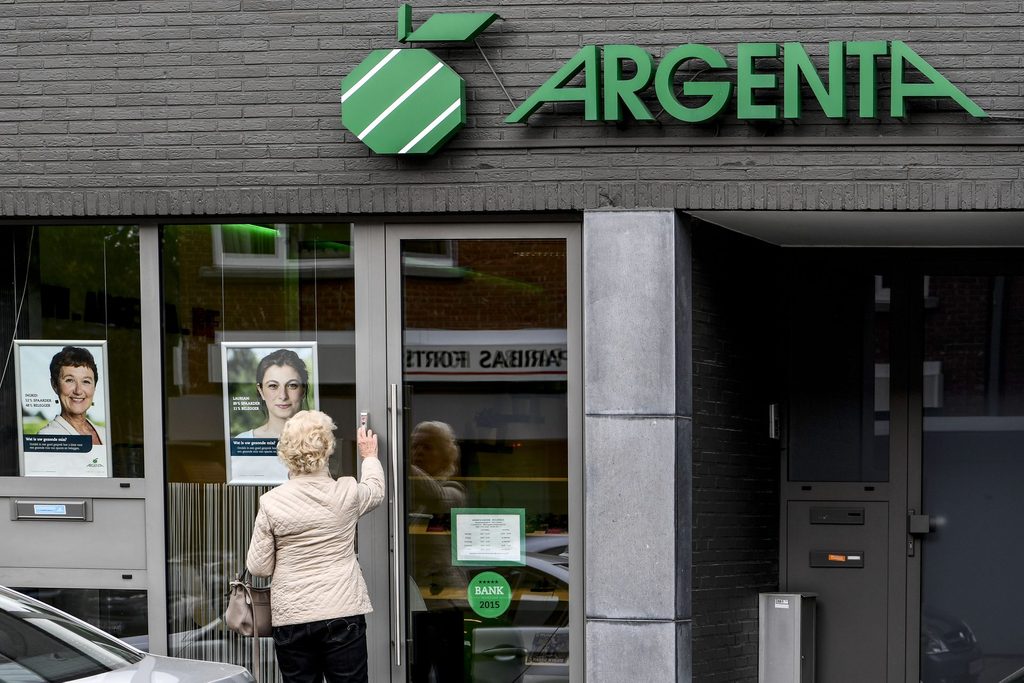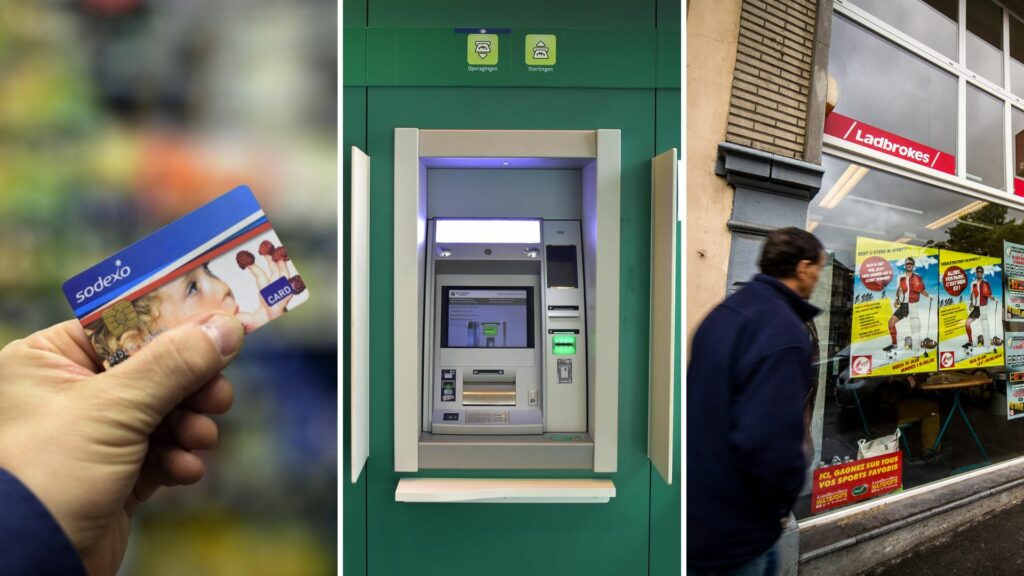Friday marks the start of the final month of 2023, and while only some parts of Belgium are likely to be covered in snow today, the whole country will be affected by the usual series of law changes that take effect from 1 December.
Higher wages, interest rates, the reactivation of expired meal vouchers, and reimbursed dieticians to stricter ID checks for gamblers and a confidentiality counsellor at work, find out below what changes this month.
Money, money, money... (money)
Christmas will come a little bit early for civil servants this year, as their wages will increase by 2% starting from this month, after exceeding Belgium's "smoothed health index" – used to calculate wage indexations for public sector workers as well as social security and pension increases – back in October.
In November, social benefits had already increased by 2% due to having exceeded the index, but this month, civil servants' wages are going up. Next year, wages and benefits are expected to rise by the same percentage twice: the pivotal index will be exceeded in both March and September.
In other money-related news, a number of banks are increasing the savings rate on some of their accounts, including BNP Paribas Fortis, Beobank, ING and KBC/CBC.
Bank-insurer Argenta is even increasing the interest rates on two of its regulated savings accounts: the base interest rate increases from 0.75% to 1.2% for the Growth Account (which clients can use to save up to €500 per month), and the one for the Fidelity Account will rise from 0.15% to 0.25.

Credit: Belga/Dirk Waem
Additionally, filling up the tank or buying heating oil should become (slightly) less expensive this month as there will be some changes in the maximum sales prices of petroleum products, which are mainly being adjusted downwards.
Lastly, bank accounts going into the red will become more expensive as the statutory maximum rates for certain consumer credits will increase, the Ministry of Economy announced. Concretely, the maximum rates for credit openings will increase by 1 percentage point – including credit cards that allow staggered repayments and the option to go below zero on the current account.
This means that these credit openings (if they have a variable debit interest rate, and the legal maximum annual percentage rate is close to the maximum – which is often the case) will rise. The new maximums will only apply to new credit contracts and current contracts with a variable debit interest rate, they will not apply to current contracts with a fixed debit interest rate.
Meal vouchers
Workers benefiting from 'titres-service' (meal vouchers, eco-checks and consumption checks) can request the reactivation of their expired checks for an additional period of three months, within three months following their expiry. The reactivation procedure will be available on the various issuer sites.
This new law is a continuation of the initiatives already put in place by the issuers (Edenred, Monizze and Sodexo) in consultation with the National Labour Council (CNT) and the Federal Public Service for Social Security.
Health-related changes
Children and young people with severe obesity will be able to receive a tailor-made treatment plan in 25 obesity centres across Belgium. Additionally, more children (both obese and overweight) will have access to a dietician who is fully reimbursed, including for those aged between 2 and 5.
Obesity – when someone's Body Mass Index (BMI) is 30 or higher – is a chronic condition that can have various causes and can have a serious impact on quality of life. Now, 25 pediatric multidisciplinary centres are being created within hospitals to offer young people and their families tailored care. The aim is to reach 5,000 children and young people in the first year, and 7,500 in the second year.

Credit: Pixabay
Patients affected by Long Covid will from now on be able to benefit from reimbursement of their neuropsychological care. In Belgium, some 6,000 people were unable to work for at least three months following a Covid-19 infection. Many patients with long-Covid particularly suffer from concentration or memory problems. Second-line occupational therapy care, in hospitals for example, will also be reimbursed.
Another measure taking effect is the fact that adolescents and young adults with cancer will now be able to receive tailor-made care through new reference teams (consisting of physician specialists, nurses, social workers and psychologists) that meet the age-specific needs of young people.
The reference teams, which will work in six Belgian hospitals, will mainly focus on young people's quality of life and psychosocial well-being. In a later phase, they will also take on an advisory role for healthcare providers from other hospitals and home care.
Stricter ID checks for gambling
From now on, betting companies will again have to carry out identity checks to see whether their customers are of legal age, but also whether they are on the excluded persons (EPIS) list.
Players in casinos, arcades and online betting have already been required to register for over a decade, so the authorities can check if they are on the EPIS list, which aims to protect people with gambling problems. But in recent years, the problem partly shifted to betting shops, where people who are no longer allowed to gamble could still go without being checked.
Currently, 48,641 people on the list of excluded people asked to be placed on the list, 919 people were placed on the list by a third party, 661 by an administrator. 66,474 people were included on the list following a collective settlement of debts, 5,932 after a judicial decision and 58,234 due to the nature of their profession.

Credit: Belga/Hatim Kaghat
Car repairment
The period to repair a defective particulate filter on your car will be shortened to three months. In response to supply problems of new particulate filters, this period was exceptionally extended to one year in November 2022 but that arrangement is now coming to an end.
Since 1 July 2022, the emissions of diesel cars in Belgium have been tested during technical inspections designed to combat particulate filter fraud, as well as improving air quality by reducing particulate matter emissions. A properly functioning particulate filter removes 95% to 99% of particulate emissions.
Confidential counsellors
Companies that employ at least 50 people must from now on also appoint at least one "internal confidential counsellor," who is part of the staff, which is part of the measures to implement the Federal Action Plan for Mental Well-being at Work. The counsellor will have sufficient knowledge of the structure, operation and culture of the company.
In companies with fewer than 50 employees, the appointment of a confidential counsellor is not always required, but remains an option: the employer is only obliged to appoint one if all members of the trade union delegation or all employees themselves request this.

